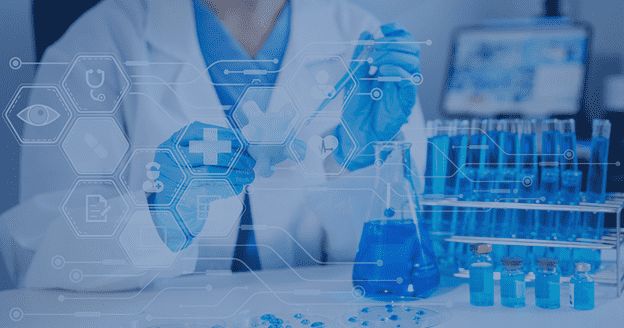Life Science, Pharma & Biopharma
Smart water automation plays a crucial role in the Life Science, Pharma, and Biopharma industry by ensuring the quality of water used in various processes, meeting regulatory standards, and optimizing resource usage. Here are some applications and features of smart water automation in this industry we are currently offering:
1. Purified Water Systems
Implement smart automation for monitoring and controlling water purification systems, ensuring compliance with pharmacopeial standards.
Continuous monitoring of water quality using sensors for conductivity, TOC (Total Organic Carbon), and other relevant parameters.
2. Real-time Monitoring in Laboratories
Utilize sensors to monitor water quality in laboratory settings where precise water quality is critical for experiments and analyses.
Implement real-time monitoring systems for immediate detection of any deviations from quality standards.
3. Water for Injection (WFI) Systems
Automate WFI production processes to ensure high-quality water for pharmaceutical and biopharmaceutical manufacturing.
Integrate sensors and controls for monitoring and adjusting the WFI production parameters.
4. Clean-in-Place (CIP) Systems
Implement automation in CIP processes to clean and sanitize equipment used in pharmaceutical production.
Optimize CIP cycles for efficiency and water conservation.
5. Temperature and Pressure Control
Use automation to control water temperature and pressure in different processes.
Ensure that water used in critical processes is within specified parameters.
6. Wastewater Treatment and Recycling
Implement automated systems for treating and recycling wastewater generated during manufacturing processes.
Ensure compliance with environmental regulations regarding wastewater discharge.
7. Process Water Monitoring
Monitor and control the quality of water used in various stages of the manufacturing process.
Implement automation to adjust water quality based on specific manufacturing requirements.
8. Smart Irrigation for Bioprocessing
In biopharmaceutical manufacturing that involves cultivation of cells, use smart irrigation systems to optimize water and nutrient supply.
Implement sensors and automation for precise control of irrigation parameters.
9. Energy Efficiency in Water Systems
Optimize energy usage in water-related processes, such as heating, cooling, and filtration.
Implement energy-efficient technologies to reduce overall environmental impact.
10. Data Analytics for Quality Assurance
Use data analytics to analyze historical water quality data, identify trends, and predict potential issues.
Implement predictive analytics for proactive maintenance of water systems.
11. Compliance and Reporting
Ensure compliance with pharmacopeial standards and regulatory requirements.
Generate automated reports for regulatory agencies to demonstrate adherence to water quality and safety standards.
12. Smart Metering and Billing
Install smart meters to accurately measure and monitor water consumption.
Implement automated billing systems for better transparency and control over water-related expenses.
13. Training and Documentation
Develop training programs for personnel involved in water-related processes to ensure proper handling and maintenance.
Implement automated documentation systems for regulatory compliance.
By incorporating smart water automation in the Life Science, Pharma, and Biopharma industry, organizations can ensure the quality of water used in critical processes, reduce operational risks, and meet stringent regulatory requirements. It contributes to the overall efficiency and sustainability of pharmaceutical and biopharmaceutical manufacturing processes.

